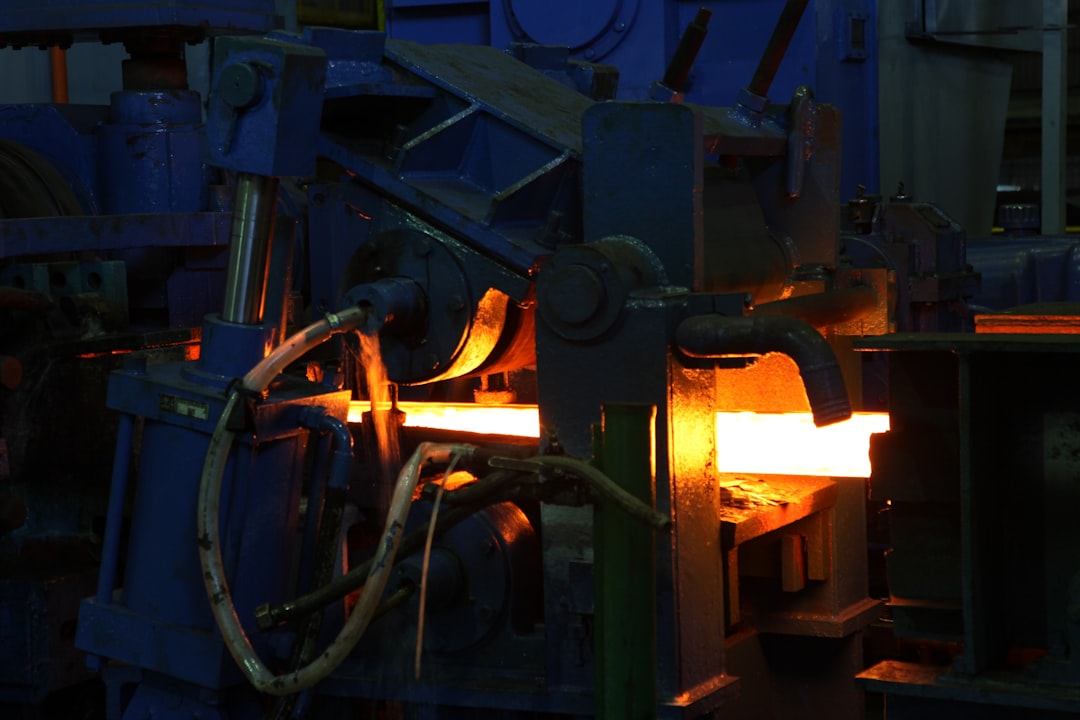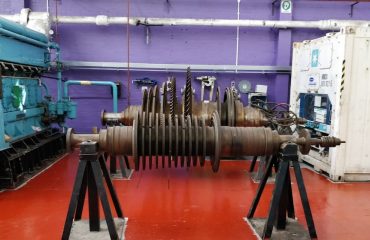The steel industry is a cornerstone of global infrastructure, demanding skilled professionals with proven expertise. Securing the right certifications can significantly boost your career prospects, opening doors to higher-paying jobs, increased responsibility, and greater recognition within the field. This comprehensive guide will navigate you through the world of steel industry certifications, providing valuable insights into the various options available and how to achieve them.
Understanding the Importance of Steel Industry Certifications
In a competitive landscape, certifications act as a powerful testament to your skills and knowledge. They demonstrate your commitment to professional development and adherence to industry best practices. Employers value certified professionals because they represent a lower risk, higher productivity, and a commitment to quality. Certifications can also lead to increased earning potential, often exceeding the costs of obtaining them many times over. Furthermore, specific certifications may be prerequisites for certain roles or projects, making them essential for career advancement.
Types of Steel Industry Certifications: A Comprehensive Overview
The steel industry encompasses a vast range of specializations, each with its own set of relevant certifications. These can broadly be categorized into:
- Welding Certifications: These are crucial for professionals involved in joining steel components. Certifications like AWS (American Welding Society) certifications cover various welding processes (SMAW, GMAW, GTAW, etc.) and materials. These certifications often require rigorous testing and practical demonstrations of welding skills.
- Quality Control and Assurance Certifications: Ensuring the quality of steel products is paramount. Certifications such as ISO 9001 (Quality Management Systems) are highly sought after, demonstrating a commitment to consistent quality and customer satisfaction. Other certifications may focus on specific aspects of quality control within steel production.
- Metallurgical Engineering Certifications: A deep understanding of the metallurgical properties of steel is vital for many roles. While not always directly “certification”-based, professional memberships in organizations like ASM International (formerly the American Society for Metals) and advanced degrees in metallurgical engineering demonstrate expertise and commitment to the field.
- Safety Certifications: Safety is paramount in the steel industry. Certifications related to OSHA (Occupational Safety and Health Administration) compliance and specific safety procedures are crucial for maintaining a safe working environment and complying with regulations.
- Management and Leadership Certifications: For those aspiring to leadership roles, certifications like PMP (Project Management Professional) or Six Sigma certifications can demonstrate the ability to manage projects, teams, and resources effectively within the steel industry context.
Navigating the Certification Process: Steps to Success
The process of obtaining a steel industry certification varies depending on the specific certification and awarding body. However, common steps generally include:
- Research and Selection: Identify the certifications most relevant to your career goals and experience level.
- Eligibility Requirements: Carefully review the eligibility criteria, including education, experience, and any prerequisites.
- Application and Registration: Complete the application form and pay any associated fees.
- Preparation and Training: Utilize relevant training resources, such as courses, workshops, or self-study materials.
- Examination and Assessment: Successfully complete any required examinations, practical assessments, or audits.
- Certification Award: Upon successful completion, you will receive your certification.
- Maintenance and Renewal: Many certifications require ongoing professional development and renewal to maintain validity.
Benefits of Holding Steel Industry Certifications
The advantages of holding relevant steel industry certifications are numerous and impactful:
- Enhanced Career Prospects: Certifications make you a more competitive candidate for desirable roles.
- Higher Earning Potential: Certified professionals often command higher salaries and bonuses.
- Increased Job Security: Valuable skills and expertise translate to greater job security.
- Improved Credibility and Recognition: Certifications build trust and demonstrate your commitment to excellence.
- Professional Development: The process of obtaining certifications fosters continuous learning and skill enhancement.
- Access to Advanced Roles and Projects: Certain certifications are prerequisites for specific roles or projects.
Maintaining Your Certifications: Continuing Education and Renewal
Many certifications require ongoing professional development and renewal to remain valid. This ensures that certified professionals stay up-to-date with the latest industry practices, technologies, and safety regulations. Regular participation in industry events, workshops, and training programs is crucial for maintaining your certification and staying ahead in the competitive steel industry. Check the specific requirements of your certification for details on renewal procedures and continuing education requirements. Failure to maintain your certification may lead to its expiration, requiring you to re-take examinations or complete additional training.
By investing in the right steel industry certifications, you can significantly enhance your career trajectory and contribute to the ongoing success of this vital industry. Remember to thoroughly research the available options and choose the certifications that best align with your professional goals and aspirations.
Tags: steel industry certifications, steel certification, metal certification, welding certification, quality control certification




